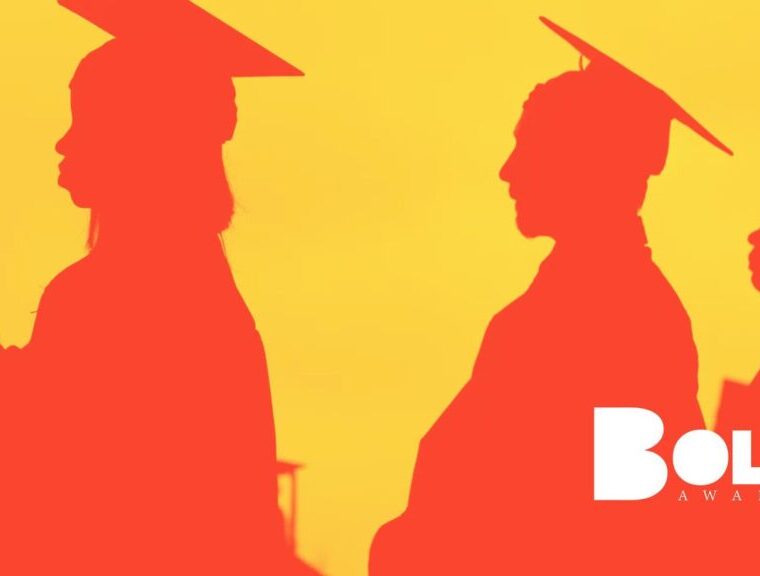Written by Spencer Kelly
Making the case for pursuing higher education is relatively simple – higher education increases your expected lifetime earnings, allowing you to better provide for yourself and your family. Students earning a bachelor’s degree make, on average, 1.66 times as much as a high school graduate, and that ratio rises to 2.74 times for students earning a professional degree. Higher education can and should be a key to unlocking a brighter future. Accordingly, taking out student loans to finance higher education should be a worthwhile investment in that future. However, if this is the case, why do 45% of people with student debt say that college was not worth the cost?
The short answer is that the burden of student debt can be debilitating. Student debt is currently the second-leading source of debt in the United States at a staggering $1.3 trillion and rising. The escalation of the student debt crisis, which has doubled over the last decade, understandably deters those who would otherwise pursue higher education. However, rather than avoid education or regret pursuing higher education, we must reduce the barrier debt places in the path of education. The best way to ensure that student debt doesn’t become overly burdensome to attaining higher education is a two-pronged approach – better financial education before taking on debt and ensuring a graduate’s ability to pay back loans after graduation.
Among the many factors prospective students must consider in choosing an institution of higher education are the cost and availability of financial resources. The prevalence and accessibility of student loans creates the illusion that cost is not a major factor, because additional costs can always be offset by additional debt. This mindset presents two problems – first, students are more likely to choose institutions they cannot afford, and second, students are ignoring the downstream effects of excessive borrowing. In a national survey by the Consumer Reports National Research Center, 47% of graduates with student debt said that, given the opportunity to do it over again, they would choose a cheaper institution or find other ways to finance their education. The attractiveness of a more expensive school, ultimately, may not be worth the price tag. Further, of the students who said that college wasn’t worth the money, 43% reported receiving no help from parents or guardians in making financial aid decisions. When students lack the financial education and foresight to understand the effects of student debt, they likely will choose or be pressured into accepting more debt than they need, creating an unduly high burden.
However, even with better financial planning, graduates may still find themselves drowning in student debt. Some may pursue degrees with lower salaries, while market changes may inhibit others’ ability to repay debt. Of the students who felt their higher education wasn’t worth it, 78% earn less than $50,000 annually, and 69% have trouble making loan payments, with over half having had problems making payments at least once. It is not surprising that those with lower incomes are more likely to struggle with loan repayment and are more likely to consider their investment unwarranted. However, higher education should not be available to only those expecting top salaries. Rather, post-graduate assistance should be available to ensure a graduate’s ability to repay their debt. That assistance may take a variety of forms. Possible assistance may include ensuring adequate salary to repay debts, creating effective income-driven repayment programs, lowering interest rates, or even providing routes for debt forgiveness.
Financial education will help minimize unnecessary debt. Repayment assistance will ensure graduates aren’t debilitated by debt. This two-pronged approach will remove the regret from student debt and encourage students to unlock their future by pursuing and attaining higher education.




Leave a Reply